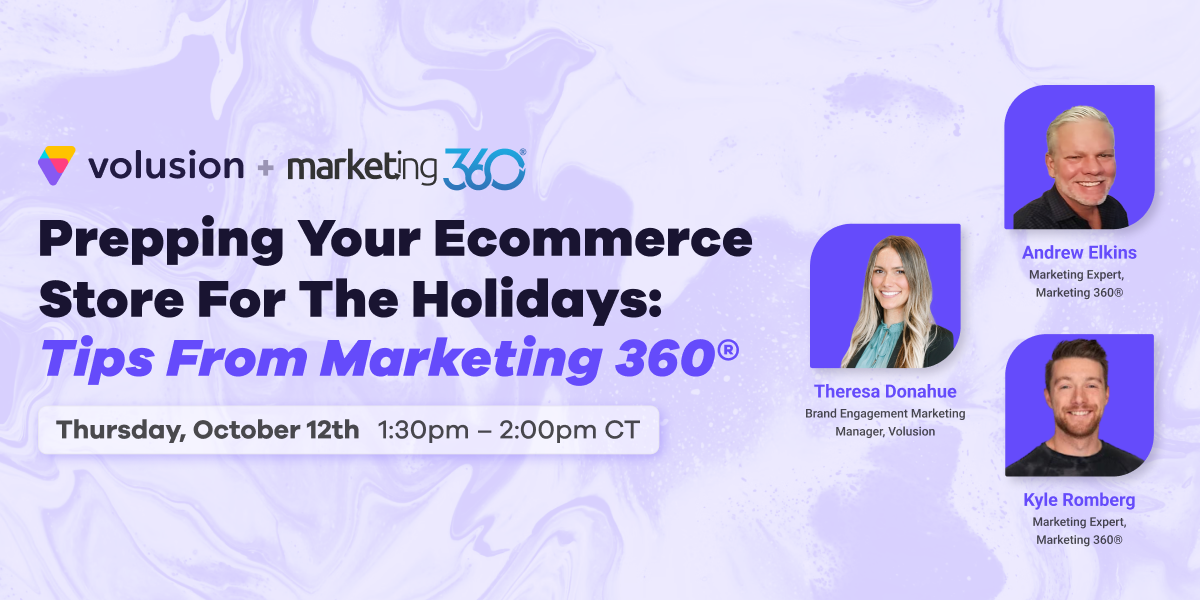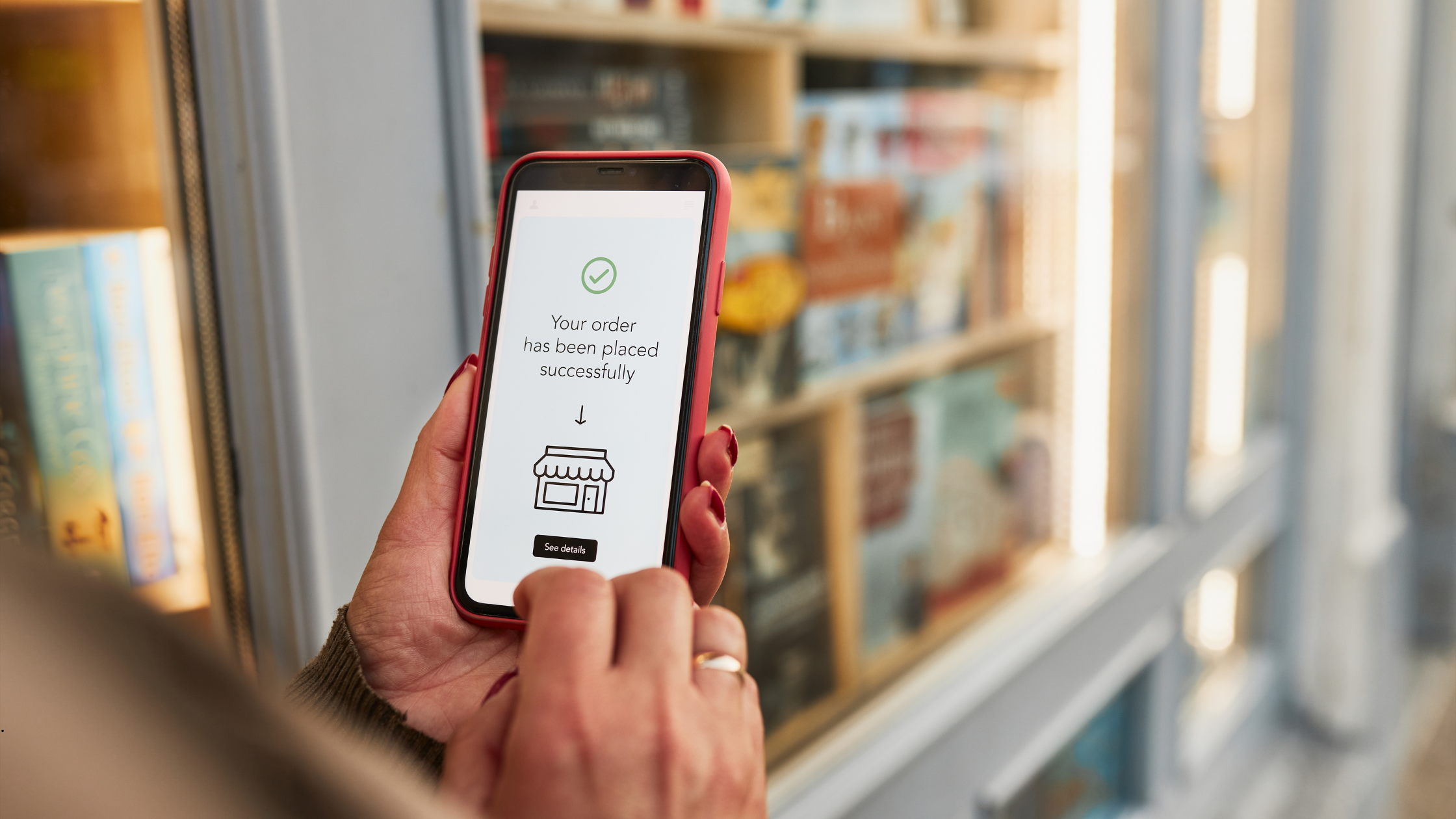
The birth of the web gave business owners a whole new lease on life by introducing ecommerce, as well as the challenge of marketing their new online stores. With the explosion of internet innovation over the last 10 years, that challenge has become increasingly complicated and resource-intensive. Nowadays, the minimum requirements for cross-channel marketing are higher, and anyone who wants to sell products or services online has got to keep up. In this post, we’ll cover the minimum requirements that any serious online business needs to meet to stay competitive long term.
1. Social is now a way of life
There's no doubt that businesses need to have an online social presence to succeed. According to a study by Experian Marketing Services, 27% of the time Americans are online, they're browsing social networks. Additionally, according to Social Media Today, over 90% of small-medium businesses are using social media. Looking at these two facts side by side, it's undeniable that to capture the minds and attention of your customers, you need to have a presence on at least one social network related to your market.
As a general rule of thumb, the more social networks you can manage, the better. But remember: Maintaining a social channel takes a lot of resources. From day-to-day updates to handling customer service inquiries and even holding contests, managing a social channel can be a challenging endeavor. If your resources are limited, think quality over quantity and focus on the one or two channels that will best connect with your market.
2. Email is still a relevant way to communicate
Although it's been around for a while (relative to other forms of internet marketing, anyway), email is still an effective way to reach your customer base. One of its advantages is its versatility, as you can leverage its power with monthly newsletters, special promotions, giveaways, and surveys.
With email being as important as it is, online store owners should make it a priority to collect email addresses of fans, customers, and other interested parties to continuously grow a list of leads to target.
Here are some effective ways to collect email addresses:
- At the checkout step when you’re gathering info on your customer (customers are more willing to opt in at this stage)
- Through a subscription box on your blog or in the footer of your site
- Via a VIP campaign (entice customers to opt into a VIP list)
And of course, when it comes to email marketing, don't forget to test your campaigns. The last thing you want is to spend time perfecting an email that's being sent to the wrong audience, or send an email that would be perceived as spam.
3. The majority of new traffic still comes from search
Even with the more recent emergences of high quality media-based sites like YouTube and Pinterest, search is still the hero of our tale when it comes to wrangling the majority of your traffic. That makes SEO an invaluable part of your overall ecommerce marketing strategy.
SEO may not be the easiest to understand, but there are plenty of resources to help you cover the basics. For starters, make sure that each page on their site has unique Title and Description tags. There are also a few good services out there that provide reports on any errors in your SEO. Additionally, there are also some great guides on getting started with SEO, a favorite being The beginners guide to SEO by Moz. This guide explains the fundamentals of SEO and is a great starting point for anyone looking to get their feet wet.
By combining basic SEO standards and some guest blogging or blogger outreach, you can help improve your rank in search engines for specific products. Keep in mind, though, that if you’re selling very regular products where keywords like “cool shirt” or “baby clothing” come to mind, you’ll have a much harder time ranking within the first page for those terms.
4. Product reviews, promotions, and future trends are indispensable
If the ecommerce industry has learned anything as of late, it's that you can never underestimate the power of a really great recommendation from a customer. Product reviews have been shown to increase conversion rates and are considered more trustworthy than other forms of advertising.
If you're a Volusion customer, you can leverage Yotpo to make sharing product reviews on social as simple as possible.
Outside of reviews, promotions are another big part of marketing your online store. Special holiday promotions, birthday coupons, and “Cyber Monday” are only a few of the numerous promotions that you can capitalize on.
When thinking about promotions, here are two tips:
- Think about relevance. Don't run a promotion just for the heck of it. Figure out your target demographic and focus in on deals that would appeal to them. For example, if a large part of your customer base is in India, then you'd want to do a special discount for holidays like Diwali.
- Don’t be afraid to think outside of the box. Just because a day isn't an officially recognized holiday doesn't mean it can't give you a little boost. An example of this might be slashing prices for Super Bowl Sunday. Use your imagination and try and stick out from your competition.
With time and technological advancement, online marketing has gotten more and more extensive. However, with these basic strategies and channels on your side, your online business will be off to a great start. Think of any other marketing must-haves for your store? Leave them in the comments below and we'll get back to you!










